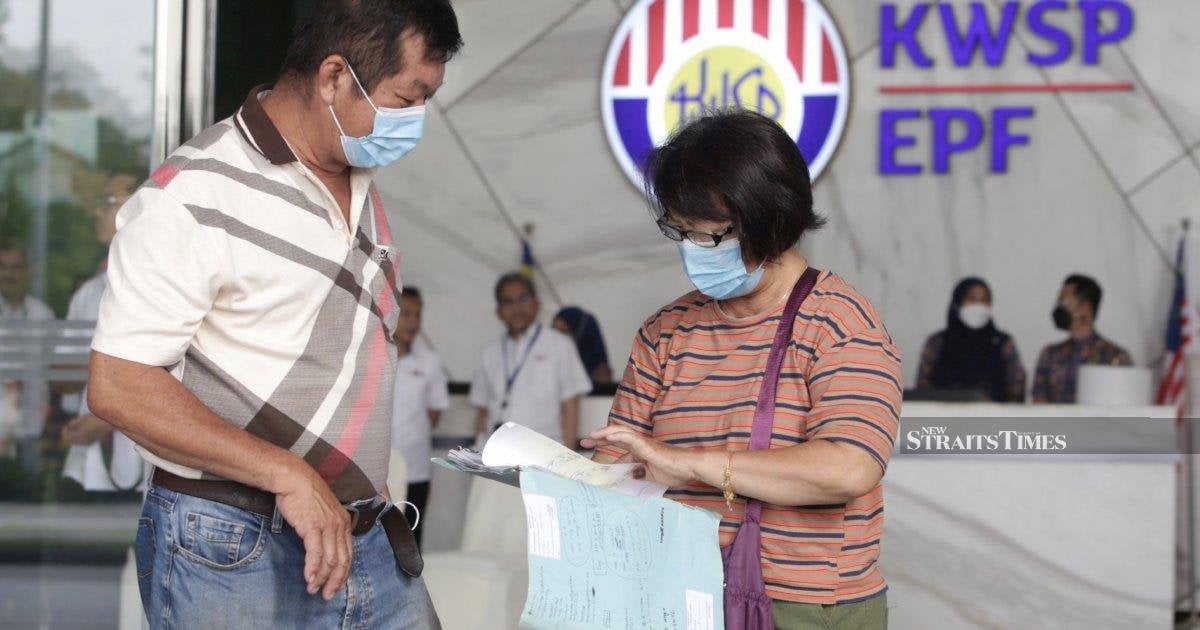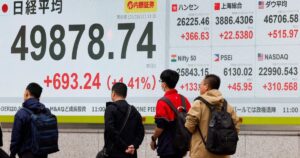SINCE its establishment in 1951, the Employees Provident Fund (EPF) has served as the main retirement savings vehicle for Malaysian workers. Employees contribute a portion of their monthly salaries, matched by their employers.
At age 50, contributors may withdraw one-third of their savings, and at 55, they may withdraw the full amount if they wish.
In that middle age category of 50 to 60, many contributors experience the thrill of having substantial cash in hand — often spending it on major expenses such as medical treatments, new vehicles, or family holidays abroad. Depending on the size of contributions, some become instant millionaires, while others only have enough to sustain themselves for a few years.
Savvy contributors typically balance between spending and investing in higher-yield funds that outperform EPF dividends, while less prudent ones quickly deplete their savings and find themselves forced back into a competitive job market that pays less than in their younger years.
This has given rise to the mindset of being “retired but still working”, as many continue employment to cope with rising living costs.
It is against this backdrop that the World Bank has recommended that Malaysia review its withdrawal age — proposing an increase from 55 to between 60 and 70 years.
In its report, “Should Malaysia Expand Its Social Pension?”, the World Bank argued that the current retirement age of 55 is too low given Malaysia’s ageing demographic, longer life expectancy and global pension trends.
Obviously, a higher withdrawal age would allow retirees to accumulate larger average benefits. In reality, there’s no surefire method to ensure retirees’ financial security — it all depends on their financial acuity.
But let’s weigh the benefits: raising the withdrawal age gives greater financial security in compounded dividends, sustainability and the decreased risk of exhausting their savings in old age. But in doing so, members lose immediate access, limiting liquidity for emergencies like healthcare or debt repayments.
For the financially astute, early withdrawal leads to higher-yield investments, riskier than EPF’s lower but guaranteed returns.
Then there’s public pushback: contributors will feel that they are being restricted on their entitlement.
Contributors value flexibility, as seen during the pandemic when limited withdrawals were permitted to ease financial hardship during lockdowns.
While the World Bank’s recommendation has clear merits, any adjustment should be gradual and paired with a robust, more comprehensive social safety net to ensure retirement security without compromising flexibility.
© New Straits Times Press (M) Bhd






